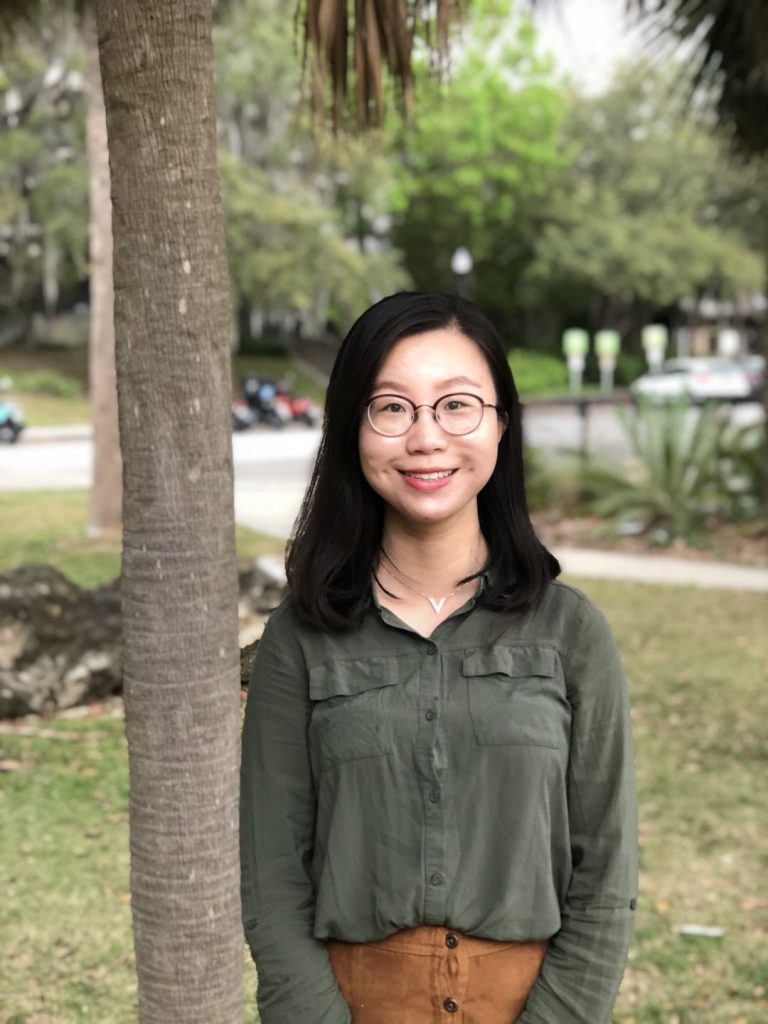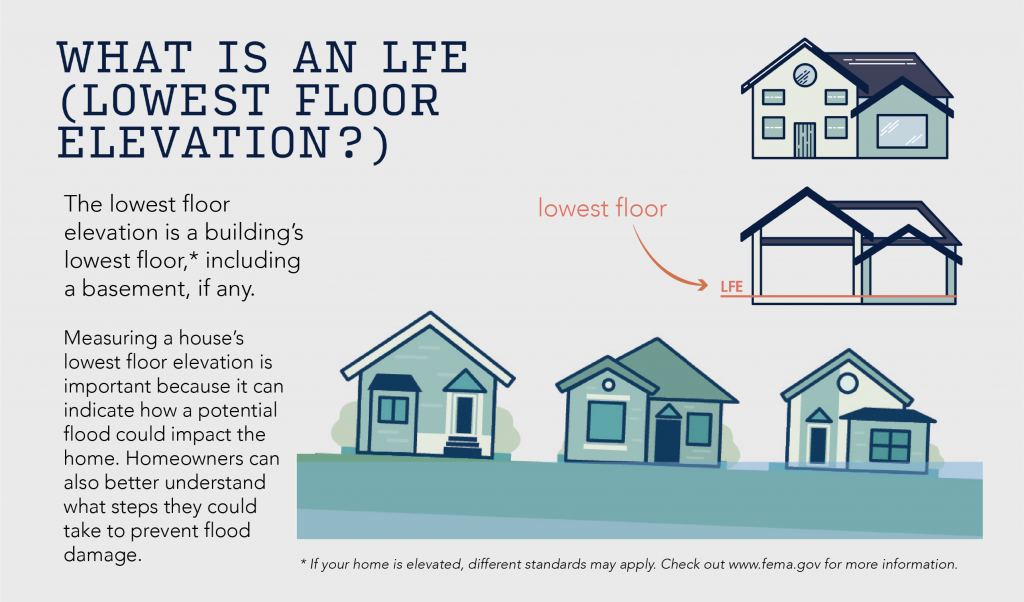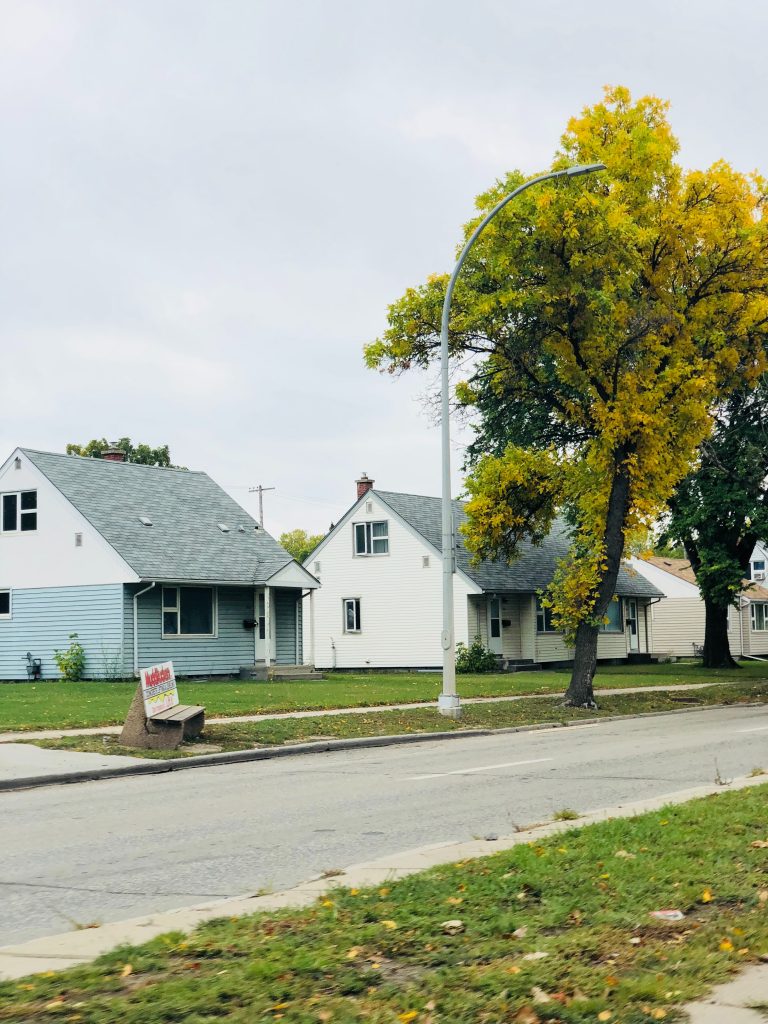Shimberg Center for Housing Studies Employs URP Students
At the Shimberg Center, URP doctoral and master’s students manage statewide housing data and conduct studies about the housing-transportation relationship, the pandemic’s impacts on housing vulnerability, and housing flood risk.
The Shimberg Center for Housing Studies is a UF research center concerned with safe, decent, and affordable housing. Photo by Kathryn Frank.
February 28, 2021
For over three decades, the Shimberg Center for Housing Studies has provided data and research in support of safe, decent, and affordable housing throughout the state of Florida, which in turn serves as a model for the nation and the world. The Shimberg Center is based in the Rinker School of Construction Management within the College of Design, Construction and Planning (DCP). Given the interdisciplinary nature of housing policy and planning, faculty and students in the Department of Urban and Regional Planning (URP) have long been affiliated with the Shimberg Center.
Currently, two URP students at the doctoral and master’s levels are Graduate Research Assistants with the Shimberg Center:

Xinyuan (Poppy) Yang joined the Shimberg Center as a Graduate Research Assistant in 2016, where she assists with managing housing data and updating the GIS database. The Center’s Florida Housing Data Clearinghouse provides public access to data on housing needs and supply for Florida’s cities and counties.
Poppy earned her Masters degree in Urban and Regional Planning from UF, and she is now a Ph.D. candidate in the College of DCP with concentration in URP. Her doctoral research focuses on the housing-transportation relationship, especially how housing location and conditions of the built environment affect the low-income population. Her dissertation is examining transportation affordability and neighborhood satisfaction among renters receiving housing subsidies. The findings will offer policy implications for affordable housing and transportation planning to enhance the quality of life among the assisted households.
Erin Fowler, a Master of Urban and Regional Planning student, joined the Shimberg Center in 2020 as a Graduate Research Assistant to support several projects.

One of Erin’s projects is creating a statewide evictions and foreclosures database for 2019 and 2020 in order to demonstrate the Covid-19 pandemic’s impacts on housing vulnerability.

Erin is also assisting a project funded by the National Science Foundation, which is looking at housing flood risks, such as lowest floor elevation (see image below), using drone thermal heat mapping imagery. She is investigating how drone and other data collection can be integrated with community engagement practices in planning.

As these research activities by URP students demonstrate, there are many connections between the planning and housing policy fields. Additional Shimberg Center activities of interest to planners include documenting housing market conditions and affordable housing needs; preserving affordable rental housing; linking affordable housing with land use and transportation decisions through GIS modeling; supporting the development of energy efficient and healthy homes; and developing additional tools to understand housing flood risk.
Most recently, the Shimberg Center created a webpage offering pandemic-related housing resources, including eviction and mortgage foreclosure relief, maps of the affected workforce, and data for Florida counties on eviction filings, employment changes by industry, vulnerable populations, and congregate living facilities. Also, Center staff have worked with reporters to document the effects of the pandemic, and served on eviction prevention task forces for the Miami and Orlando metro areas.

